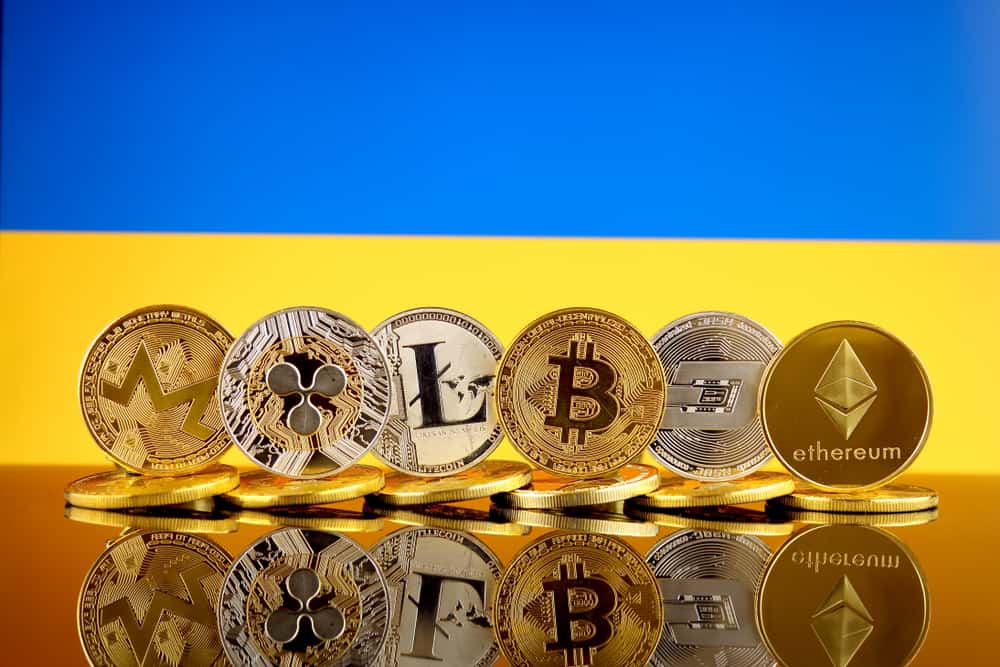Has Bitcoin become legal in Ukraine?

Ukraine has adopted draft law No. 3637 “On virtual assets,” popularly nicknamed “the law on cryptocurrency”. The document was adopted with amendments by President Volodymyr Zelenskyy, which mainly concern the assignment of the National Commission on Securities and Stock Market (NSCSM) to regulate the Ukrainian cryptocurrency environment. What will be the legal status of bitcoin and cryptocurrencies, how will the right to own them be protected and who will be able to engage in such activities?
Now it is possible to pay with bitcoin in Ukraine?
No. Cryptocurrencies will not be legalized until the necessary amendments to the Tax Code are adopted. The head of the Rada Committee on Finance, Tax and Customs Policy Daniil Getmantsev admits that it will take at least a year.
When will it be possible?
It will be impossible to officially pay for goods, services and work with bitcoin (as well as other cryptocurrency). The only means of payment in Ukraine will still be hryvnia even after the law enters into force.
What will be possible to do then?
Cryptocurrency companies that have received a license to operate are allowed to perform such services:
- Store or administer virtual assets or keys to them;
- transfer cryptocurrency to other accounts;
- exchange such assets (including for other virtual currency or hryvnia);
- provide a variety of intermediary services.
Questions about the issue of cryptocurrency remain unclear – the law does not mention it. However, experts admit that the issuer of unsecured virtual assets may be individuals and legal entities.
Who will issue licenses and to whom?
The National Commission on Securities and Stock Market will be the main regulator of the cryptocurrency activity in Ukraine. It will deal with all issues related to the turnover of any virtual assets, licensing and entering service providers to the state register.
To provide cryptocurrency services can only be a financial institution. But to get such right will be able both residents and non-residents of Ukraine.
The license will be issued for a year. In this case it will vary by type of permissible activities and cost: from 4 to 8 thousand untaxed minimum incomes of citizens for residents of Ukraine, and 20-45 thousand for non-residents. In this case, the former will be required to verify their work with a registered capital of 70 thousand untaxed minimums, while the latter – 350 minimums.
At the same time a separate license will not be required for mining. This was another “blind spot” of the bill. Experts suggest that the rules for them may be clarified in a bill with amendments to the tax code.
Has bitcoin been defined?
Not specifically to bitcoin. But according to Ukrainian legislation, a virtual asset is defined as an intangible good and a civil rights object “which has value and is expressed by the totality of data in electronic form”. Such assets are divided into two types:
- unsecured – do not certify property rights (this includes including Bitcoin, Ethereum and other cryptocurrencies issued in a decentralized system);
- Secured – certify property rights, in particular the rights of claim on other objects of civil rights (secured by currency values – OBA (VC) and secured by a financial instrument or security – OBA (FI).
What rights will traders have?
The law endows market participants with a number of possibilities:
- independently choose a counterparty for operations with virtual assets;
- To receive information about the terms and conditions of the service provider;
- To receive quality services and adequate protection of personal data;
- to manage their own assets and keys to them, as well as to authorize the service provider to move them in their own interests;
- to use bank accounts for cryptocurrency transactions and determine its value independently (thus sellers, acting not through an exchange, but through a Peer to Peer (P2P) system, will get full freedom of action);
- In case of violation of their rights, market participants can file a lawsuit in court or protect their rights by other legal means.
How much will cryptocurrency companies pay?
Virtual Asset Service Providers (VASP) will pay a profit tax of 5% and 18% – for companies whose operations with virtual assets will become an exclusive and non-exclusive activity, respectively. In this case, the mining itself will not be taxed, but the sale will be taxed as income from the sale of virtual assets at a rate of 5% (personal income tax) + 1.5%.
In addition, in case of violations of the rules of such organizations there will be fines up to 7 thousand untaxed minimum incomes of citizens. Penalties will include the absence of a license, ignoring the requirements of the regulator or cheating when filling out an application for a permit.




[…] Has Bitcoin become legal in Ukraine? […]